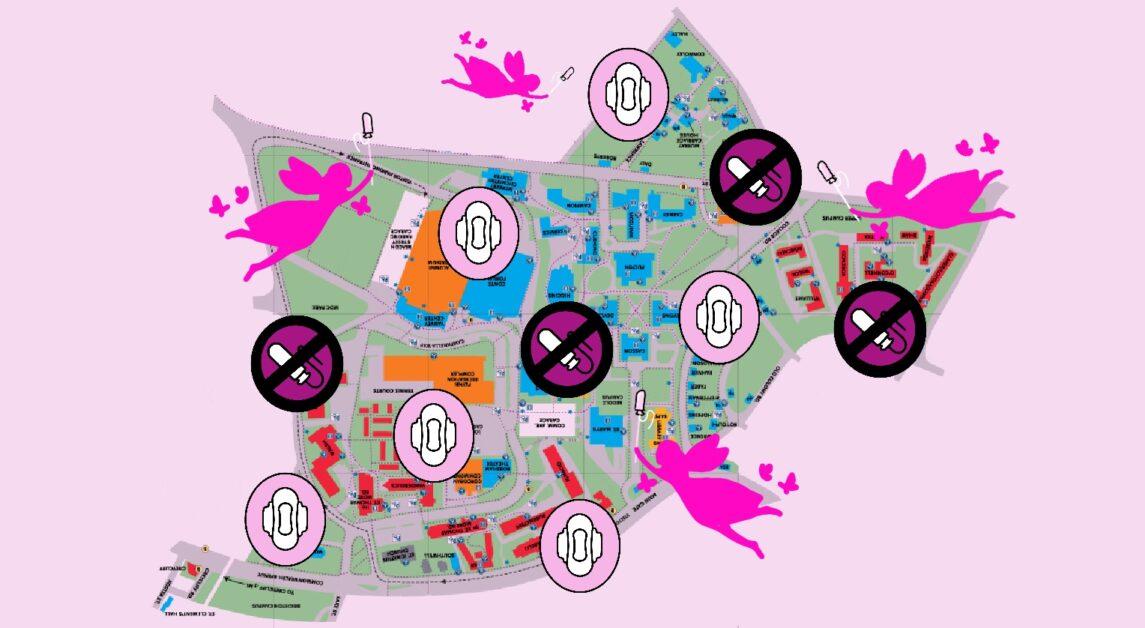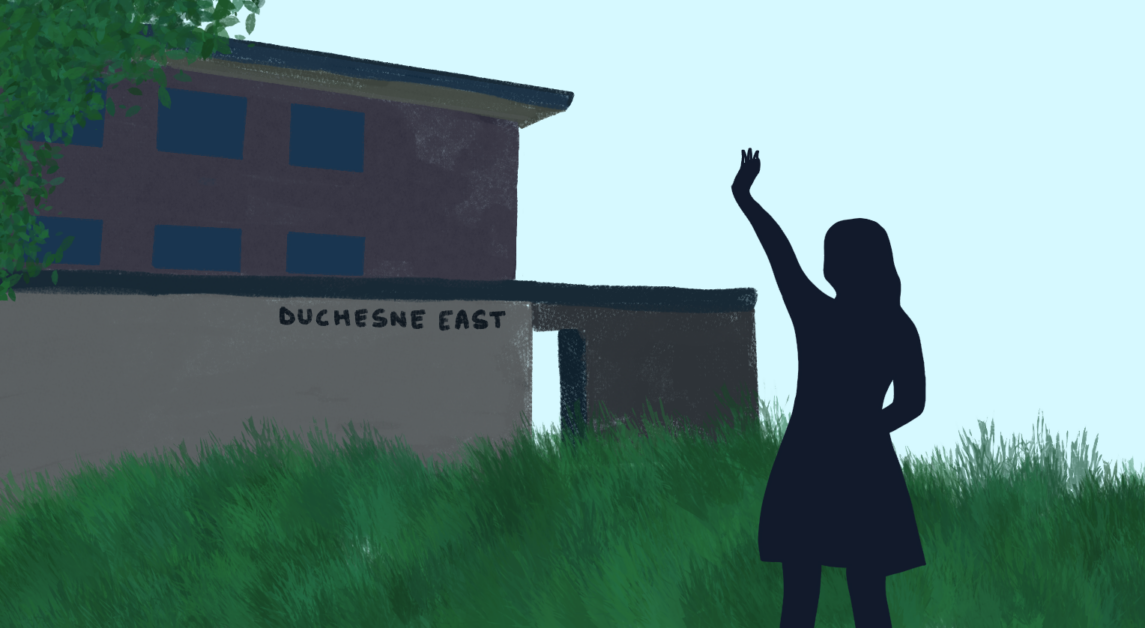This year is one of firsts for the Women’s Center—its first full year as a freestanding department within the Division of Student Affairs; its first year with an assistant director for Sexual Violence Prevention and Response, a new position filled by Rachel DiBella; and its first year with its new name (it was previously the Women’s Resource Center). Soon, it will also have a new location, as it is scheduled to move to the fourth floor of Maloney Hall in the coming months.
The center is backing up its aesthetic and staff changes with real progress in terms of resources and programming. DiBella has hit the ground running in her new role, reaching out to over 600 members of the Boston College community since she began in June. She aims to create a BC community in which every member is able to respond appropriately to a victim of sexual assault and point him or her to the correct resources. Among her goals are the professionalization of the Sexual Assault Network (SANet), greater opportunities for dialogue and discussion surrounding assault, and more visible collaboration with other University offices. She has already helped develop sexual assault educational programming for incoming freshmen and created a support group for graduate students who have been affected by sexual violence.
Her position was created so that she might be the ultimate resource for students affected by sexual assault, and students should be aware that her office is currently at McElroy 118 and that she is accessible to anyone—men, women, undergraduates, or graduate students.
The Women’s Center took the appointment of DiBella and its elevation to a freestanding department as an opportunity to rethink its place in the community and scale its programming accordingly. It hopes to become a focal point for support, resources, and conversation pertaining to sexual assault and, in doing so, to create a culture in which sexual violence is not tolerated in any way. The Women’s Center is now poised to make progress toward this goal by using its increased visibility not only to provide resources to anyone who might need them, but also to provide more educational and awareness programming aimed at changing a culture that still allows sexual violence to occur.
In the past few months, it has introduced several promising programming initiatives, setting a positive tone for the year and the future of the Women’s Center in general. At the same time, the University has created a sexual assault steering committee, which is investigating what more can be done to stop sexual violence on campus.
Both of these developments are evidence that in regard to this issue, the University’s priorities are in the right place. Students are still assaulted on college campuses nationwide and there is always more that can be done, but it is promising to see an administration and department that do not count simply being in line with legislation and federal suggestions as doing enough.
Featured Image by Jordan Pentaleri / Heights Editor











